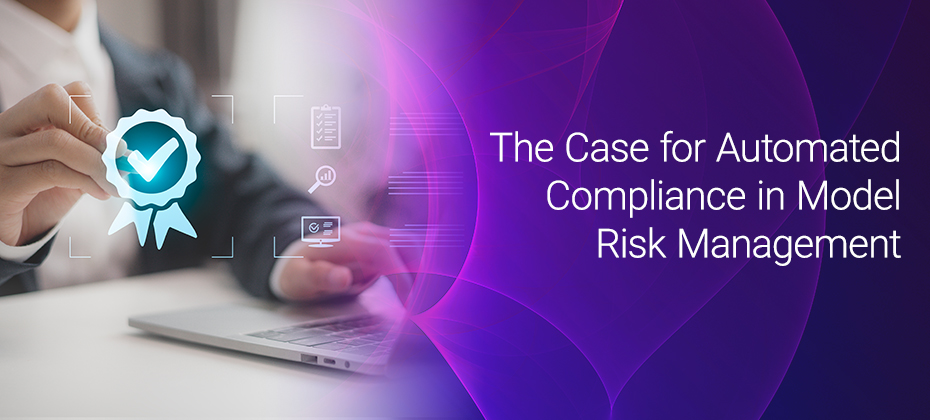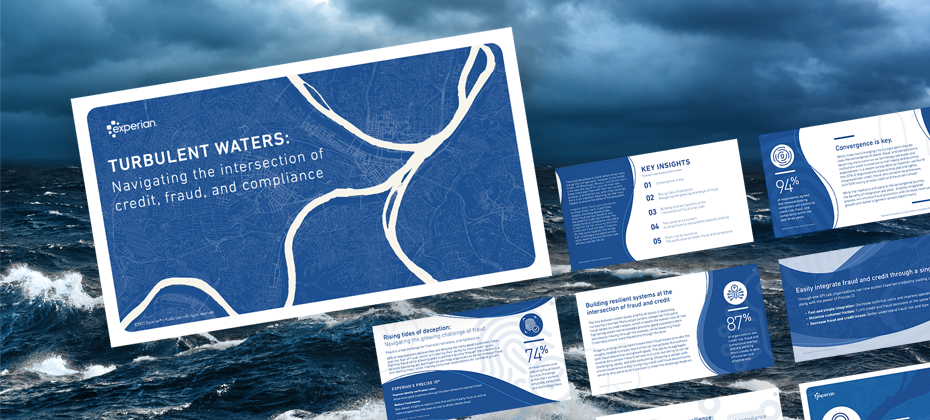Time to dust off those compliance plans and ensure you are prepared for the new regulations, specifically surrounding the Military Lending Act (MLA).
Last July, the Department of Defense (DOD) published a Final Rule to amend its regulation implementing the Military Lending Act, significantly expanding the scope of the existing protections. The new, beefed-up version encompasses new types of creditors and credit products, including credit cards. While the DOD was responsible for implementing the rule, enforcement will be led by the Consumer Financial Protection Bureau (CFPB).
The new rule became effective on October 1, 2015, and compliance is required by October 3, 2016. Compliance, however, with the rules for credit cards is delayed until October 3, 2017.
While there is no formal guidance yet on what federal regulators will look for in reviewing MLA compliance, there are some insights on the law and what’s coming.
Why was MLA enacted?
It was created to provide service members and their dependents with specific protections. As initially implemented in 2007, the law:
- Limited the APR (including fees) for covered products to 36 percent;
- Required military-specific disclosures, and;
- Prohibited creditors from requiring a service member to submit to arbitration in the event of a dispute.
It initially applied to three narrowly-defined “consumer credit” products:
- Closed-end payday loans;
- Closed-end auto title loans; and
- Closed-end tax refund anticipation loans.
What are the latest regulations being applied to the original MLA implemented in 2007?
The new rule expands the definition of “consumer credit” covered by the regulation to more closely align with the definition of credit in the Truth in Lending Act and Regulation Z. This means MLA now covers a wide range of credit transactions, but it does not apply to residential mortgages and credit secured by personal property, such as vehicle purchase loans.
One of the most significant changes is the addition of fees paid “for a credit-related ancillary product sold in connection with the credit transaction.” Although the MAPR limit is 36 percent, ancillary product fees can add up and — especially for accounts that carry a low balance — can quickly exceed the MAPR limit.
The final rule also includes a “safe harbor” from liability for lenders who verify the MLA status of a consumer.
Under the new DOD rule, lenders will have to check each credit applicant to confirm that they are not a service member, spouse, or the dependent of a service member, through a nationwide CRA or the DOD’s own database, known as the DMDC.
The rule also permits the consumer report to be obtained from a reseller that obtains such a report from a nationwide consumer reporting agency. MLA status for dependents under the age of 18 must be verified directly with the DMDC.
Experian will be permitted to gain access to the DMDC data to provide lenders a seamless transaction. In essence, lenders will be able to pull an Experian profile, and MLA status will be flagged.
What is happening between now and October 2016, when lenders must be compliant?
Experian, along with the other national credit bureaus, have been meeting with the DOD and the DMDC to discuss providing the three national bureaus access to its MLA database. Key parties, such as the Financial Services Roundtable and the American Bankers Association, are also working to ease implementation of the safe harbor check for banks and lenders. The end goal is to enable lenders the ability to instantly verify whether an applicant is covered by MLA by the Oct. 1, 2016 compliance date.
—
If you have inquiries about the new Military Lending Act regulations, feel free to email MLA.Support@experian.com or contact your Experian Account Executive directly.



